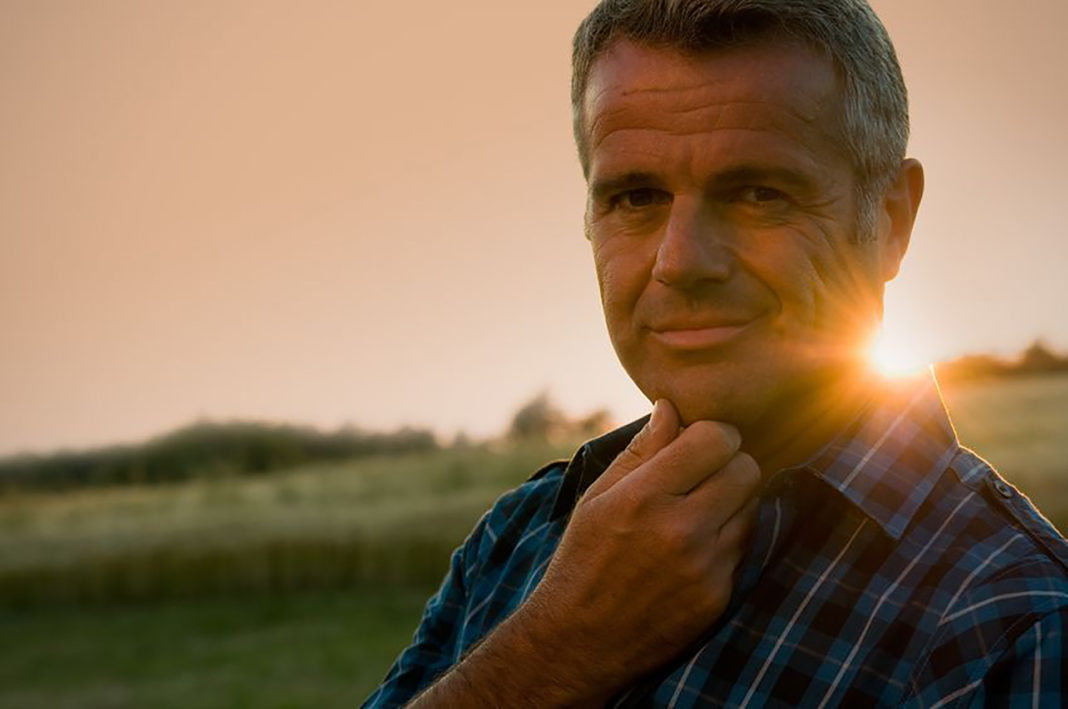Irish farmers have a three times higher cancer mortality than blue/white collar workers with UV sunlight skin cancer being a significant cause of this heightened death rate.
According to Dr Triona McCarthy, Consultant in Public Health Medicine, farmers appear to have a number of misunderstandings of the dangers of UV sunlight risks and protective measures. Farmers are particularly vulnerable to this cancer risk due to the length of time they work outdoors and their self-employed work status where controls and social supports are less readily applicable, she stated.
Dr John McNamara, Teagasc Health and Safety Specialist, said: “Teagasc research indicates that farmers give health issues, including risks from UV Sunlight lower priority than other health and safety issues.”
CSO figures (2018) suggest that almost one in four (26.6%) of skin cancer deaths in Ireland are to farming, outdoor and construction workers. This information indicates that one death every week in Ireland is at least partly due to sun exposure at work.
Dr Triona McCarthy, Consultant in Public Health Medicine, explains how UV rays affect your skin: “As with many cancers, malignant melanoma skin cancer develops when cells are damaged and grow uncontrollably. Exposure to (UV) rays from the sun, even on cloudy days, or from artificial sources like sunbeds is the most common cause of skin cancer.”
If you work outdoors you are exposed to 2-3 times more UV than someone who works indoors so you have a higher risk of developing skin cancer. Exposure to UV damage is irreversible, permanent and cumulative with each exposure.
When the UV index is 3 and above, you need to protect your skin, even if it is cloudy. UV is strongest between April and September, and between 11am and 3pm. You can check the UV index on the Met Eireann website (see www.met.ie/uv-index).
Dr McCarthy stated that there is a lot that can be done to reduce sun cancer risk. “Review your UV exposure – how long are you outside for during the day and how many days of the week?
“Use protective clothing that covers your exposed skin including long sleeved, collared shirts, broad brimmed hats and sunglasses. To help protect your skin additionally use broad spectrum water-resistant Sun Protection Factor (SPF) of at least 30+ and apply every two hours.”
Dr McCarthy emphasises that checking your skin regularly for changes is really important to prevent development of skin cancer.
“Contact your GP if you notice a lump or discoloured patch on the skin. Look out for new growth, or a sore, that does not heal in a few weeks, a spot or sore that itches, hurts, crusts, scabs or bleeds, constant skin ulcers with no other explanation for their cause and new or changing moles.
“A key message we need to get across to farmers and outdoor workers is that UV sunlight is dangerous, but adopting protective measures leads to long term risk reduction.”
Source: Teagasc








